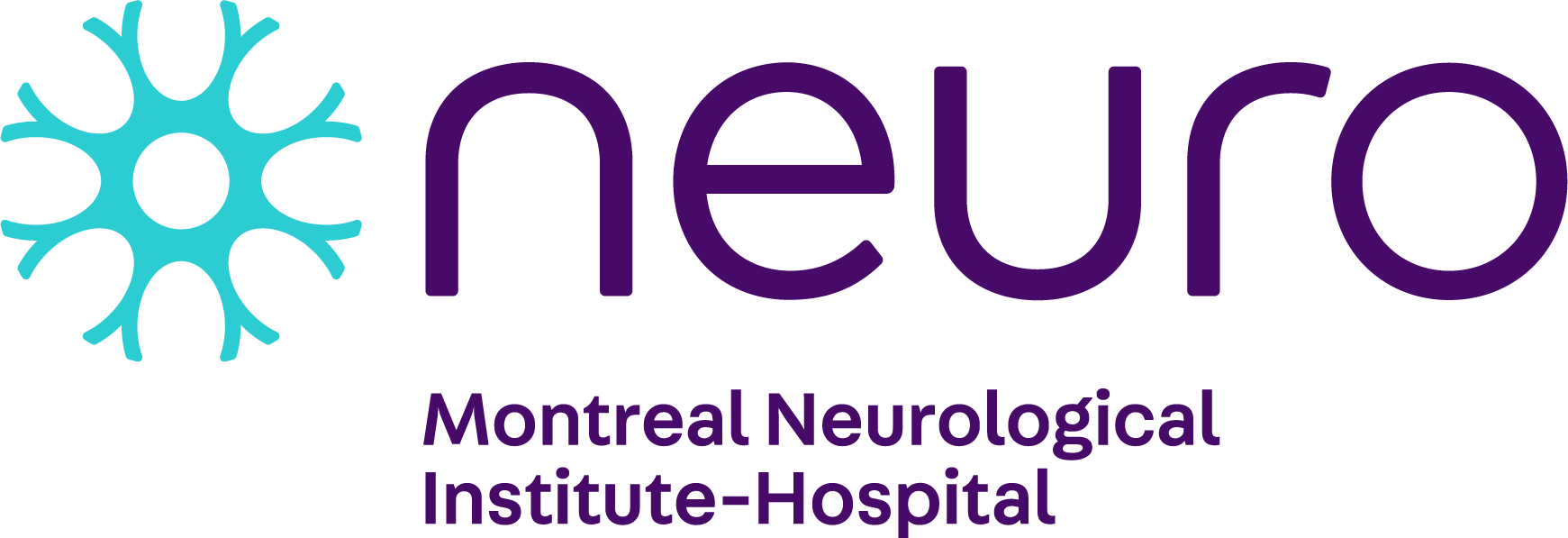The 2018 Neuroscience Nursing Awards of Excellence Ceremony took place on May 8 as part of National Nursing Week. It was a wonderful showcase of dedication, spirit, determination, strength, compassion and innovation, and an opportunity to pause and celebrate nurses and others who have gone above and beyond. We would like to recognize this year’s awardees and again thank all the staff for their hard work and dedication to patient care.
Evelyne Malowany Award for clinical practice
Justine Gauthier, Nurse, Neuro-Palliative and Neuromodulation Programme
“Palliation can be a tough topic to discuss with patients and families in the face of death and dying. Even among healthcare professionals it can be an uneasy subject when we consider backgrounds, cultures and different points of view. However, here at The Neuro we are fortunate to have Justine Gauthier, a palliative clinician nurse that provides a different yet dignified perspective about palliative care. Justine was nominated because she demonstrates an immense amount of respect, compassion and support to patients, families and even to other healthcare workers.”
“Her presence for patients and families during periods of sadness and uncertainty is undeniable. As soon as she receives referrals, she becomes acutely involved in their care, from seeing patients on a daily basis to sending patients to a suitable setting.”
Jessica Blanchet, Nurse, 3 Neurosciences
Jessica Blanchet has been at the Montreal Neurological Hospital since 2010, after coming here from Verdun Hospital where she was assistant nurse manager on a general surgical ward. Blanchet has a international baccalaureate in health science from Champlain Regional College St. Lambert and a baccalaureate at the nursing faculty of Université de Montréal.
Colleagues of Blanchet who nominated her for the award provided examples demonstrating her excellence as a nurse. In one example she did a fantastic job in applying her clinical practice in advocating for a patient to regain some of his independence by learning to do self-catheterization, which the patient was eager to do. A colleague said Blanchet uses her skills in communication and decision making to work efficiently with nursing assistants. Another colleague wrote that Blanchet is fair and objective when making decision for the staff and the unit.
Anne-Marie Lejeune Award for those who support and collaborate with nurses to give quality care
Joe Sousa, Transport Attendant
“Joe has been working within the MUHC for over 35 years and Joe knows the Neuro inside and out. He gives his 100 per cent to his job and has a passion for helping others. Every day he comes to work with a smile and a positive attitude. Joe is professional, punctual and always greets staff, patients and families with a smile. His calm demeanor decreases the stress that patients, families and staff often feel when they need to undergo an important test or are transferred to a new ward. He introduces himself to all the patients he works with and talks them through the whole ride, forming therapeutic relationships. The words “No I can’t”, or “That’s not my job” are never heard coming from Joe. He is always available when there is an emergency that requires his help, even at times when he is on break.”
Valerie Shannon Award for outstanding leadership at the MUHC
MUHC Pain Program. This group includes nurses from across the MUHC on all sites. There are four MNH nurses in this group – Justine Gauthier, Barbara Taugher, Cheryl Gauvin, and Catherine Ciaravola
“The role of the nurse clinician in pain care includes a comprehensive assessment of each patient, individualizing client goals and outcomes taking into consideration research and clinical practice guidelines, setting priorities of care, and ensuring continuity of care within an ever evolving health care system. More specifically these nurse clinicians set goals with patients/families in collaboration with their individual teams and the professionals that make up the patients’ primary circle of care, often reaching out beyond the MUHC. In all cases, the outcomes are measured and documented over time in the context of reducing the negative impact of pain, be it from trauma, surgery, or illness such as cancer, on the person and their quality of life. Since pain is a subjective and highly individual experience, these nurses have developed specialized interviewing skills within the context of a biopsychosocial model. They have also modeled excellent communication with inter-professional colleagues enabling them to set patient treatment priorities around pain care. These nurses convey these priorities to all involved in the circle of care and validate that they are in alignment with patient needs.”




